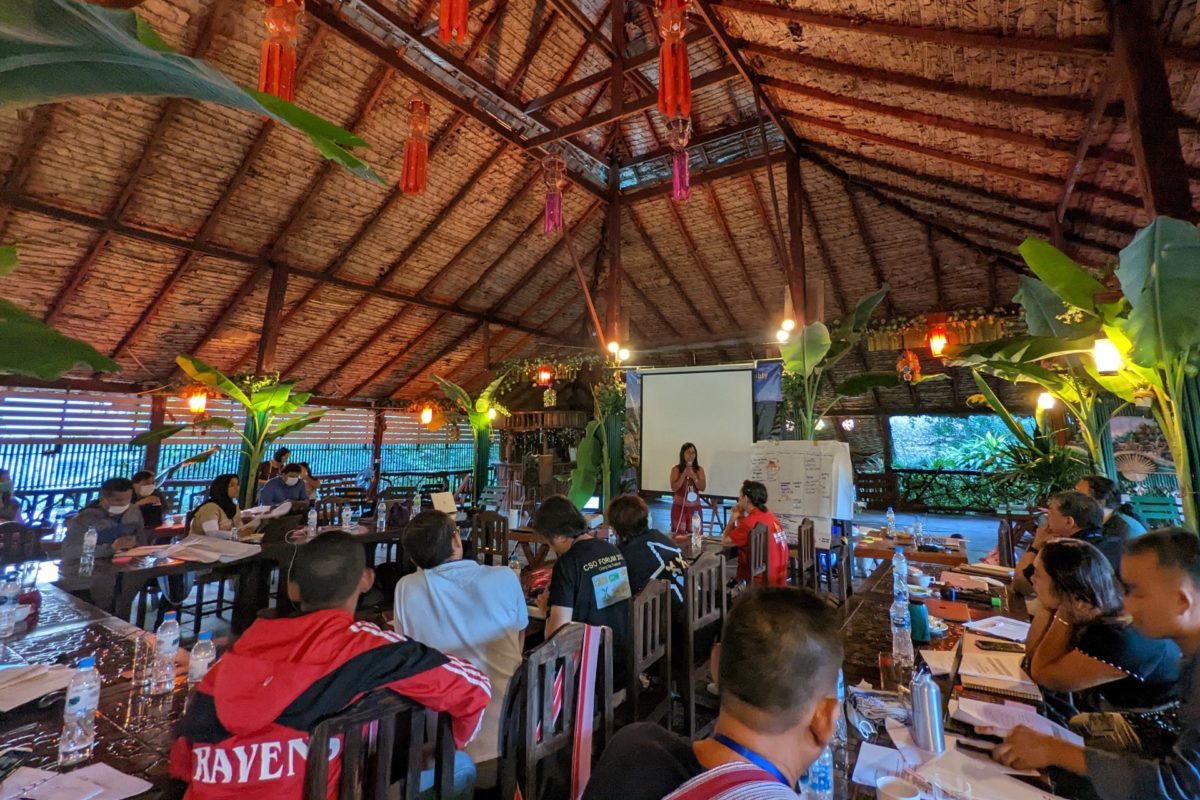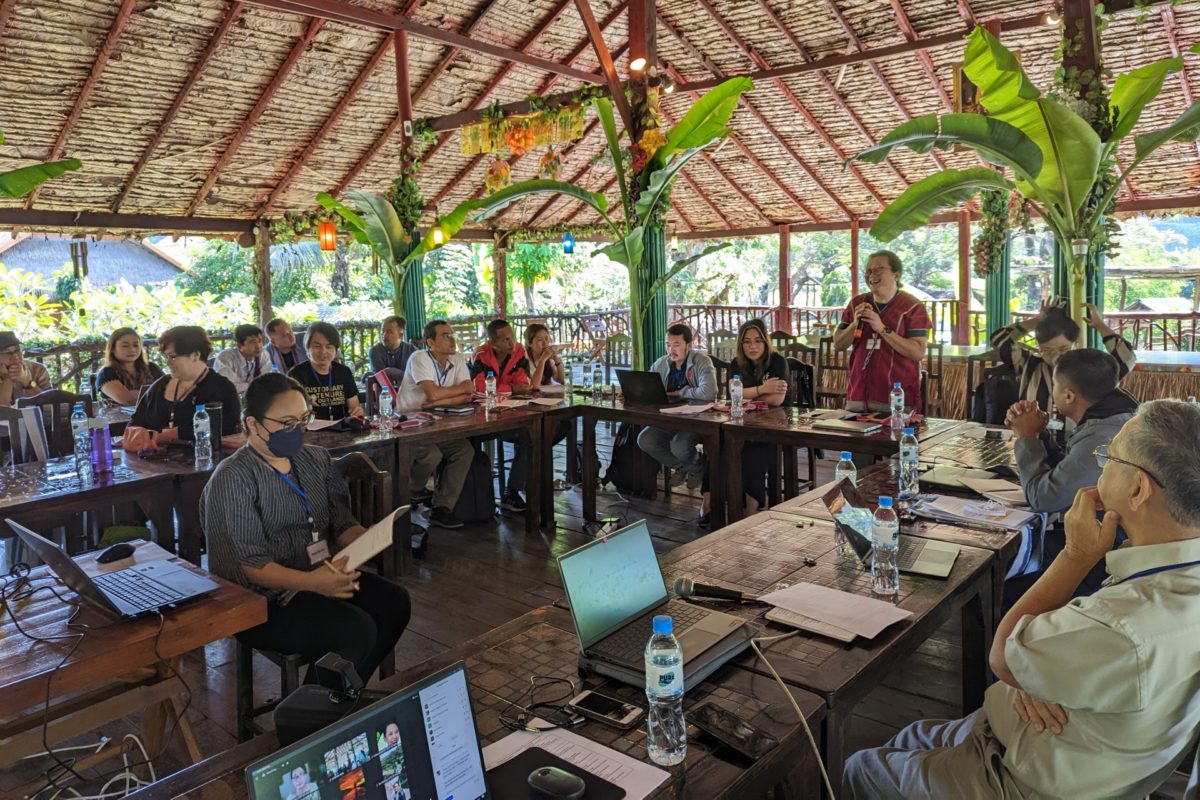Tucked away in the highlands of Hà Giang, the small…

ICCA Consortium Southeast Asia meets in person for the 4th regional assembly
After two years of online-only meetings, the ICCA Consortium Southeast Asia Regional Assembly gathered in Chiang Mai, Thailand, in October.
The ICCA Consortium Southeast Asia Regional Assembly met on 19 October at the Karen Eco Lodge in Chiang Mai, Thailand. A total of 51 members, honorary members, and guests from seven countries took part in the assembly and were joined by additional members using Zoom videoconferencing. This was the first time in two years that the assembly took place primarily in person.
The delegates were welcomed by the Southeast Asia ICCA Consortium Chairperson Peter Kallang (Save Rivers, ICCA Consortium Member) and KESAN (ICCA Consortium Member) Chairperson Paul Sien Twa. Mr. Kallang then delivered his chairperson’s report, followed by updates from the thematic leads and the country focal points for the rest of the morning.
In the afternoon, Minnie Degawan (nominated Honorary member) presented the Draft Regional Strategy Plan, outlining advocacy plans for the upcoming UNFCCC and CBD COPs in Egypt and Canada, respectively. The assembly endorsed the plan unanimously. The attendees then broke into four groups to focus on developing the one-year operational plan to expand membership, networking/alliance building, advocacy work, and fundraising.
The second day focused on learning sessions on other effective area-based conservation measures (OECMs). The morning was led by Trinh Le Nguyen of PanNature (Member) and Cindy Julianty of the Working Group on ICCAs in Indonesia (WGII, Member). Claudia Binondo of the ASEAN Centre for Biodiversity discussed the promotion of OECMs in the ASEAN region. Dr. Mohd Salleh Daim of University Teknologi MARA presented the potential of OECMs in strengthening the biodiversity conservation agenda in Malaysia.

This was followed in the afternoon by a session on policy advocacy at the international, regional, and national levels. Cristina Eghenter (Honorary member) shared with the assembly the Policy Advocacy Toolkit developed separately by WWF to guide attendees on acting for policy and legal change. Afterward, several Members onsite and online shared their individual experiences, successes, and difficulties with policy advocacy and litigation and discussed strategies and avenues for cooperation to strengthen the overall message of the ICCA Consortium.
During the assembly, the Members present also nominated the following for their respective roles in the ICCA Consortium’s global Council:
- Peter Kallang as the regional representative for Southeast Asia;
- Eh Htee Wah (Honorary member) of Conservation Alliance of Thanawthari as the thematic representative for youth and intergenerational relations; and
- Dewi Sutejo of WGII as the thematic representative for gender equality
The meetings portion of the event concluded with a discussion on the next steps the assembly can take as an intervention towards the upcoming 15th meeting of the Conference of the Parties (COP) to the UN Convention on Biological Diversity (CBD) in December.
Finally, on 21 October, the attendees visited the Ban Hin Lad Nai village in Chiang Rai province, where they learned how the Karen community had protected their rights and resources for generations while also managing and caring for their environment. The group went for a brief hike around the community forest while spotlighting their sustainable livelihoods and use of natural resources by producing textiles, coffee, tea, soap, and honey products.
“We hope this event gives a lot of new ideas and opportunities, especially for our colleagues from the younger generation, to interact with the ‘gurus’ of ICCAs. We need to have a new generation that will continue to improve this movement,” said Paul Sein Twa during the closing program after the field visit.
Soure: ICCA Consortium



